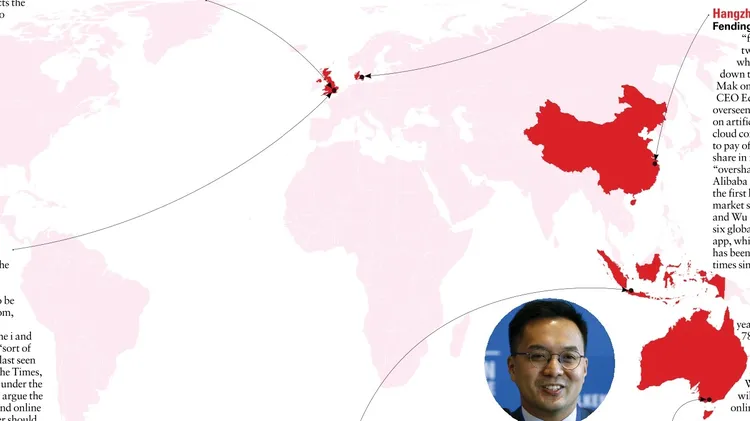Growth at hydrogen play AFC Energy is poised for take-off in 2
A small cap with huge potential
3 min read
This article is from...
Read this article and 8000+ more magazines and newspapers on Readly






